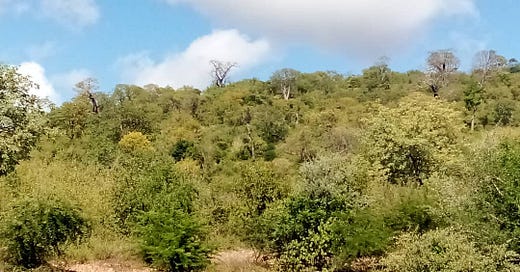Village Forest Groups in Nsanje Eye Beekeeping for Improved Livelihoods
The village forest concept allows communities to demarcate and nurture woodlots on customary lands, empowering them as environmental stewards while establishing sustainable economic opportunities.
NSANJE, Malawi— Community groups managing village forest areas in Nsanje district are keen to venture into beekeeping initiatives utilizing their locally protected woodlots, as a means to boost economic opportunities and deter environmental degradation, writes Cornelius Lupenga.
Samson Moda, chairperson for the Chithumba Village Forest Area (VFA), said Tuesday that the communities are in dire need of beehives to enable apiculture projects within their reforested zones.
He explained the decision stems from a desire to conserve the environment while uplifting living standards.
"We have large areas full of trees where many beehives can be easily placed for keeping bees," Moda said, noting the woodlots are within reach of residents, reducing temptations to encroach on protected forests.
The chairperson believes successful beekeeping could attract those involved in charcoal burning to transition toward more sustainable livelihoods protecting tree cover.
Andrew Bazilio, assistant forestry officer for Magoti Extension Planning Area, confirmed there are eight village forest groups spanning a combined 2,000 hectares that aspire to apiculture initiatives.
He credited village natural resource committees trained through the Shire Valley Transformation Program with playing a commendable role in managing the reforested areas.
"The VFAs have reduced the cutting down of trees in protected areas vicinity the Mwabvi Wildlife Reserve," Bazilio said.
The village forest concept allows communities to demarcate and nurture woodlots on customary lands, empowering them as environmental stewards while establishing sustainable economic opportunities like beekeeping that ultimately benefit wider conservation efforts.



